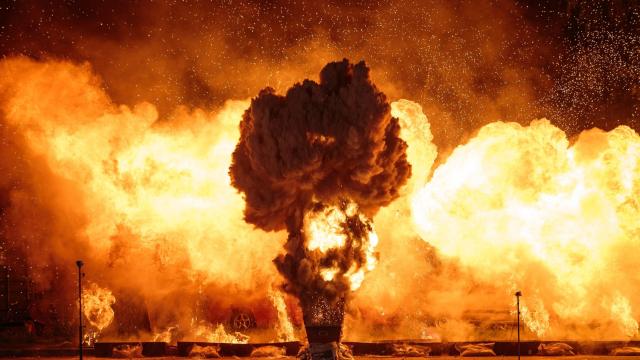Everybody needs a plan to survive the zombie apocalypse, climate apocalypse, financial apocalypse, or all of the above. You need your shotgun, your go-bags, and your pickup truck but mostly you just need a good place to hide out while the shit goes down — a refuge from systemic, global collapse.
Now, science has apparently locked down the definitive location of that hideout: The best place to survive the end of the world is apparently (*checks notes*) …New Zealand. That green, idyllic place where they filmed The Lord of the Rings is the safest place on earth.
That’s according to a new study from a British research team at Anglia Ruskin University in Cambridge. The team’s paper, which was recently published in the academic journal Sustainability, assesses geographical regions that would be most resistant to a large-scale catastrophic event (not so focused on zombies tbh). Such events could ultimately lead to what researchers call a “global de-complexification” — their term for large-scale, societal collapse. As it’s laid out in the paper’s abstract, the thinking goes likes this:
Human civilisation has undergone a continuous trajectory of rising sociopolitical complexity since its inception; a trend which has undergone a dramatic recent acceleration. This phenomenon has resulted in increasingly severe perturbation of the Earth System, manifesting recently as global-scale effects such as climate change. These effects create an increased risk of a global ‘decomplexification’ (collapse) event in which complexity could undergo widespread reversal. ‘Nodes of persisting complexity’ are geographical locations which may experience lesser effects from ‘decomplexification’ due to having ‘favourable starting conditions’ that may allow the retention of a degree of complexity
The basic premise here is that some places are better suited to withstanding global devastation than others. To measure this, researchers created a scoring guide to rate countries based on favourable conditions, such as: high levels of indigenous energy resources (both renewable and non-renewable), social isolation, a stable climate, and large agricultural potential relative to current human population, among other things. As the Washington Post points out, “islands in temperate regions and with low population densities generally came out on top.”
So, with all that in mind, here are the places you should consider booking a plane ticket to when the shit hits the fan. Don’t say we didn’t warn you (and apologies in advance to these nations’ current residents).
New Zealand
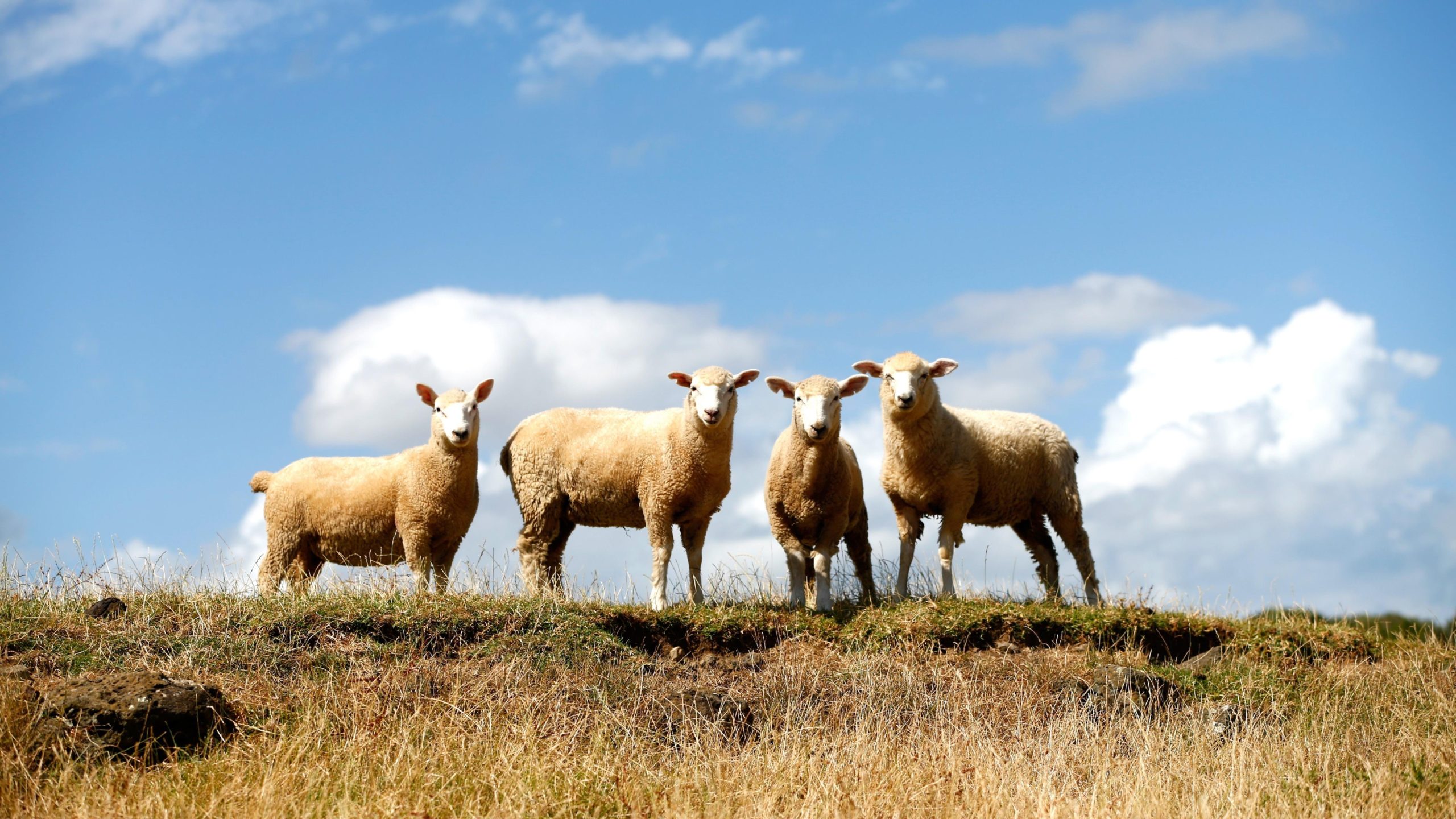
For a number of reasons, New Zealand is the strongest candidate for post-global decomplexification survival, researchers say.
With a low population and abundant agricultural potential, New Zealand also has high levels of indigenous renewable energy resources — all of which make it a good candidate for resiliency. The country has vigorous hydroelectric and geothermal power that it utilises, as well as the potential to tap into solar and on/offshore wind energy. At the same time, the island also enjoys fairly stable climatic conditions — a “temperate, oceanic climate with abundant precipitation,” which helps foster its vast stretches of “abundant agricultural land,” researchers write. Plus the sheep. Don’t forget all the sheep.
All of these factors explain why cadres of ghoulish billionaires are currently wasting exorbitant sums buying up underground bunkers in the region — as if, when society implodes, they won’t be the first to perish from the exertion and indignation of it all.
Iceland
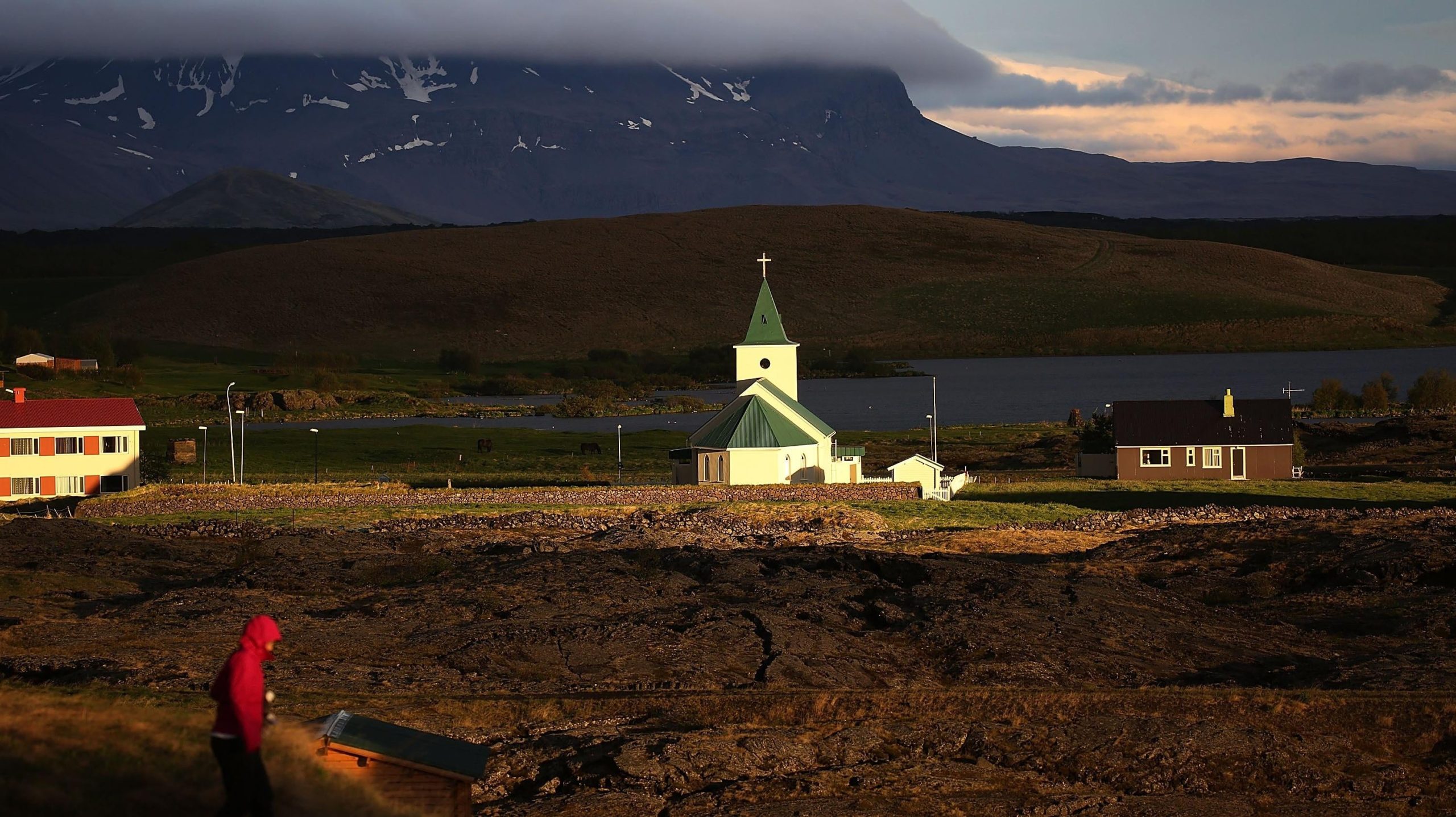
Iceland is also apparently a good place to live when the shit goes down. While New Zealand was the researchers’ top pick, you’re on your own in choosing between the rest of the options. The researchers write that the land of Björk enjoys many of the same advantages as the land of hobbits when it comes to providing a safe spot to hide from the writhing last gasps of humanity.
Isolation is an important factor when picking your survival spot — and islands, like Iceland and New Zealand, provide a lot of that. On top of that, the former Viking colony has immense reserves of renewable energy resources, much of which are already used for “electrical generation and widespread urban space heating.” It also has “a large and currently undeveloped potential for solar,” which could be utilised in the future.
Unfortunately, Iceland also has “limited agricultural capacity” due to “limited fertile land and a climate unsuited to many arable crops,” though this is apparently offset somewhat by well-developed fisheries in the Atlantic. So, while it’s not a great place to raise livestock, you can apparently always eat haddock.
Tasmania
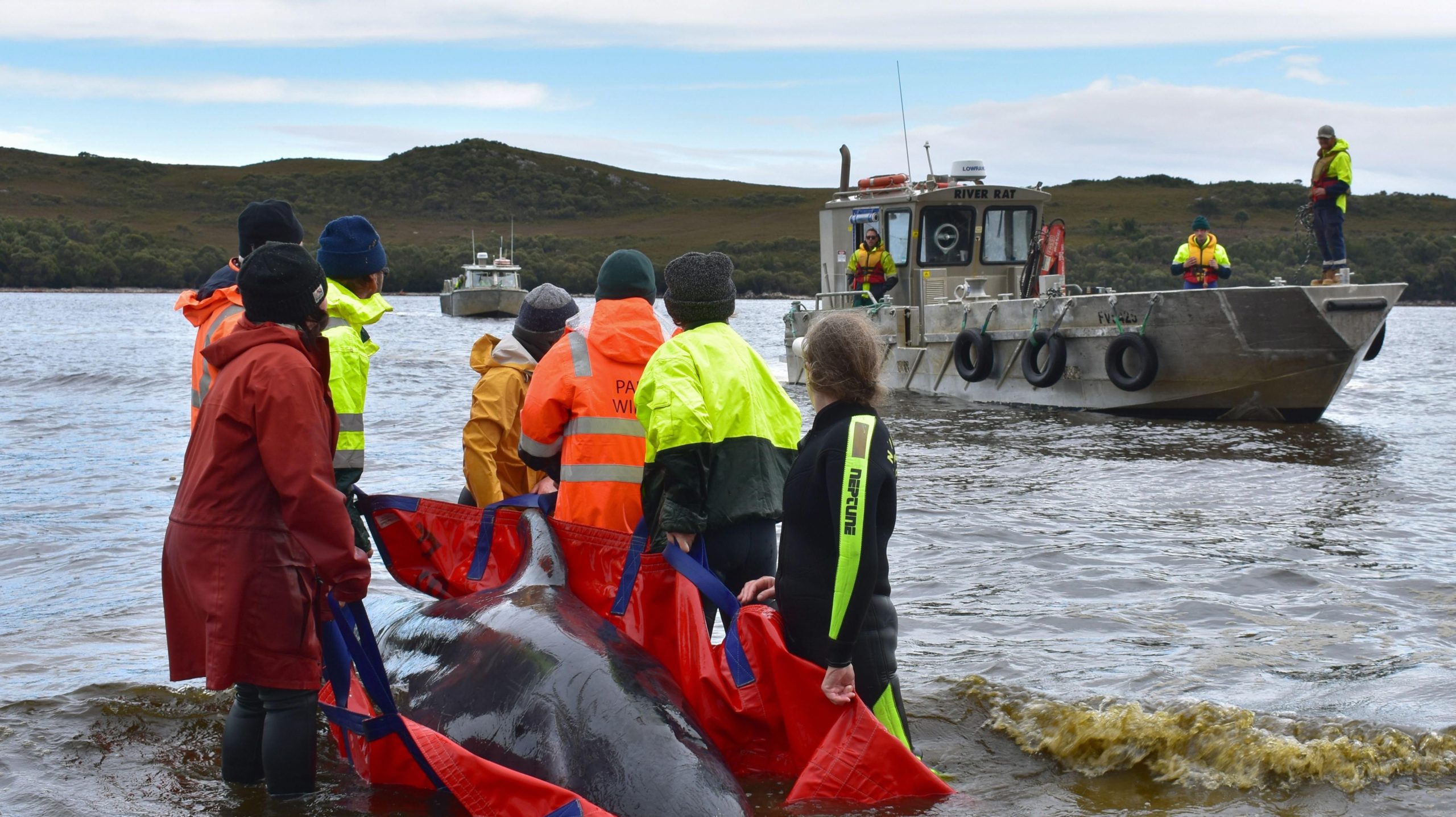
The Australian island of Tasmania, which is located just south of the nation’s mainland, is another strong candidate for a number of reasons — mostly related to climate and agricultural potential, according to the study.
Researchers say the 26-square mile isle is “likely to experience lesser climate change impacts than continental Australia, and as such, may act as a localised region of that nation with greater ‘favourable starting conditions’, and could become increasingly recognised as Australia’s ‘local refuge (lifeboat)’ as conditions on the continental mainland may become less amenable to supporting large human populations in the future.” Fun!
Ireland
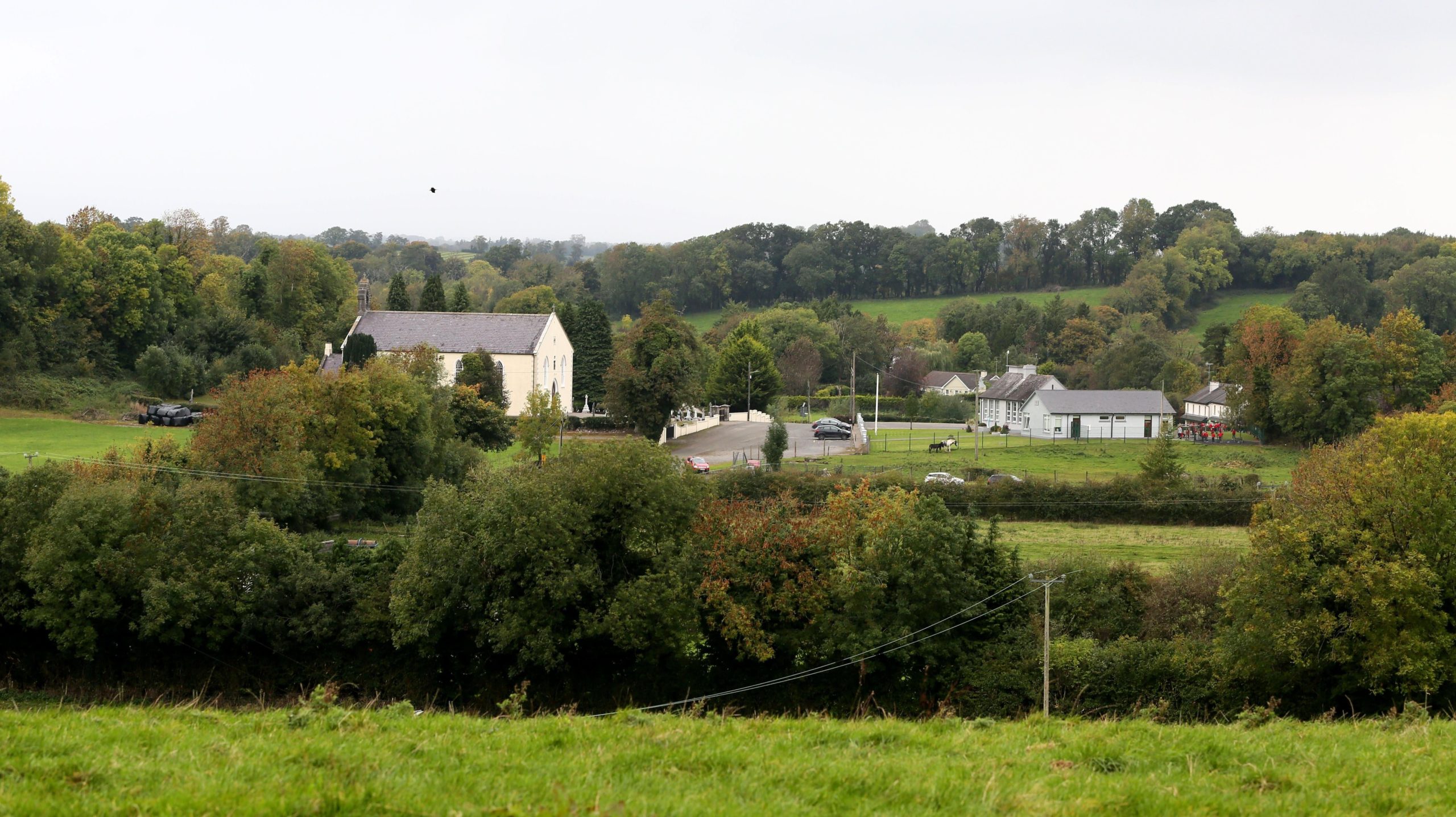
Ireland also has a lot going for it, but the key factor that researchers focus on is its untapped capacity for wind energy. “Ireland has extensive renewable energy resources (primarily wind) which are currently only partially exploited and so have the capacity for usage to increase in future, noting that fossil fuel generation currently dominates,” the study says.
At the same time, the green island also has all the other favourable conditions you’d want: isolation, small population, high agricultural output, and a relatively temperate climate.
Britain
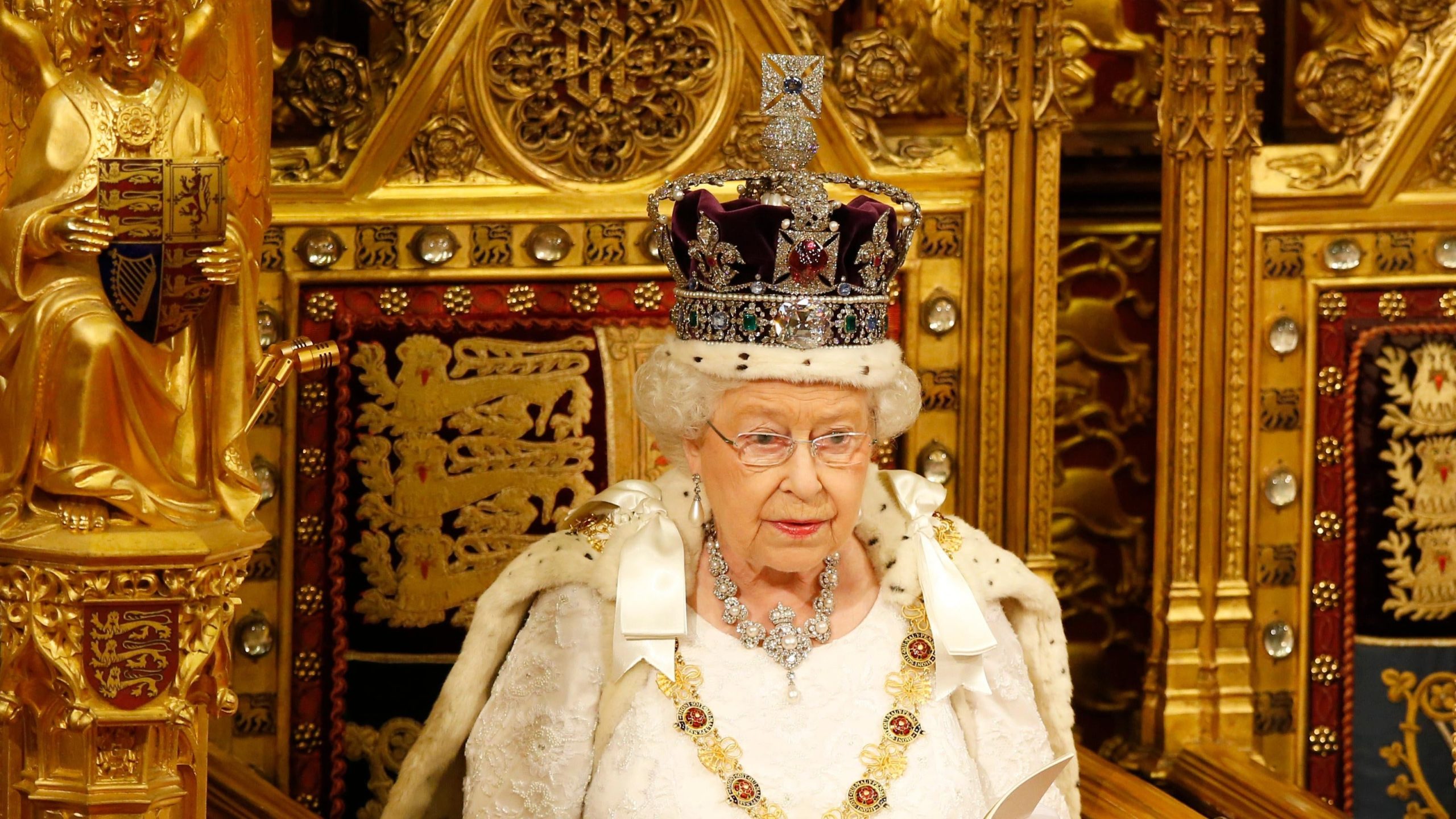
This one is less of a hard recommendation compared to the others, but researchers write that Britain has enough going for it to land a spot in the top five. The paper admits that: “The United Kingdom has an overall complex and mixed picture for ‘favourable starting conditions’,” but that its “temperate climate,” “improving environmental metrics” and “indigenous renewable energy infrastructure” make it a good candidate.
However, the island clearly has a lot of drawbacks, too, including a high population density and fairly small landmass — making for a potential disaster in the event of widespread social disintegration. Researchers readily admit that certain risks “are compounded by the large population and small land area,” meaning that the U.K.’s potential as a “future ‘node of persisting complexity’” is somewhat limited. But hey, the British did rule the world for hundreds of years, so I suppose it’d be unwise to count them out entirely.
